The program's curriculum is extensive, requiring extensive training in immunology. In addition to the scientific knowledge gained, students develop technical and research skills. These skills help them make important contributions throughout their careers, from academia to industry. In addition to the scientific training, Ph.D. candidates often serve as teaching assistants during their final years. They also prepare a dissertation research proposal and select a thesis committee.
An immunology Ph.D. degree prepares you to perform research to treat and understand various immune diseases and disorders. You will conduct research to answer important questions about immunity and develop treatments. You will learn to design experiments and analyze data from other fields. You will learn how to present research findings and communicate with different audiences. You will also develop the skills necessary to prepare manuscripts for publication in leading journals.
The program is aimed at individuals who want a career in the field. The faculty is diverse, so you will have the opportunity to work with students from different fields. The timeline for earning a Ph.D. in immunology is different depending on the program. Typically, you will complete your first year by taking a number of additional classes and seminars. You will then take a written and oral qualifying exam. After passing the written and oral exams, you must prepare a dissertation and defend your thesis in front of your committee. Some universities require that you work as a teaching assistant for two years before receiving your degree.
Ph.D. in Immunology Eligibility
Candidates who want to take admission in Ph.D. must have a post-graduate degree in Immunology and its relevant discipline with at least 55% marks from a recognized university and must have passed the national level entrance examination or university level entrance examination. National level entrance exams like UGC NET / UGC CSIR NET / GATE / SLET or University entrance exams consist of written tests and personal interviews.
The Benefits of a Ph.D. in Immunology
A Ph.D. in Immunology program prepares students for a wide variety of careers. Graduates of this program can become doctors, scientists, or research assistants. Some of these jobs require extensive experience in research. However, the benefits of working in an immunology Ph.D. program include increased earning potential, career advancement, and a wide variety of educational options. The field is a dynamic one, with opportunities abounding in the area.
The Career and Job Opportunities for Ph.D. in Immunology
Careers in immunology are incredibly diverse. Most professionals with a Ph.D. in Immunology pursue research careers in government agencies, biotech companies, or academia. In fact, many immunologists work as researchers at the National Institutes of Health (NIH), where they can make a significant impact on global health. These researchers study the interactions between genes, cells, and chemicals to determine the most effective treatment for patients suffering from various immunological conditions.
Earning a Ph.D. in immunology gives you the opportunity to explore the human immune system in detail. It prepares you for academic and research positions, as well as careers in government and non-profit organizations. You can expect to study immunology for five years, starting right after you earn your undergraduate degree. The curriculum includes lab research and several independent projects. There are also many job opportunities in academia for individuals with a degree.
Despite their varied work experience, many immunologists also work as pediatric allergists and immunologists. These specialists work in hospitals for children as well as in private offices and university medical centers. In addition to working with children, immunologists also perform clinical research and develop treatment strategies. Moreover, they also teach college courses and conduct clinical studies. In short, you'll have a wide variety of career options to choose from if you have a Ph.D. in Immunology.
The Future Scope of a Ph.D. in Immunology
Obtaining a Ph.D. in Immunology is an excellent way to advance your career and advance your scientific knowledge. As an immunologist, you will conduct research on the immune system and develop medical interventions for a variety of diseases. The job outlook for this degree is excellent, as it will allow you to work in a variety of fields, including academia, pharmaceuticals, and government research agencies.
Upon graduation, you can pursue a Ph.D. in Immunology to enter academia, research, and clinical settings. In the healthcare field, you can apply your skills as an academic by pursuing a job in a private or government hospital. These jobs pay exceptionally well, and you can also opt for a teaching position in a college or university. The career opportunities for this degree are endless, and the job outlook is bright for these professionals.
In addition to being a professor, an immunology Ph.D. degree can open doors to a variety of careers. In academia, you can become a research assistant, a researcher, a therapist, or a researcher. You can also work as a researcher in a hospital or research institution. There are many opportunities to find a job as an immunologist.
Ph.D. Research Programme duration
The Ph.D. in Immunology course is a minimum of 3 years and a maximum of 5 duration. This depends on the university offering the course.
Fees for research program for Immunology
The average fee for Ph.D. in Immunology degree is between INR 50000 and INR 500000.
 5 Years
5 Years
 PhD
PhD
 Research
Research















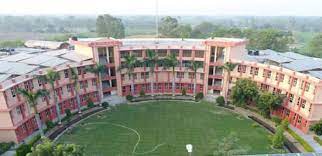

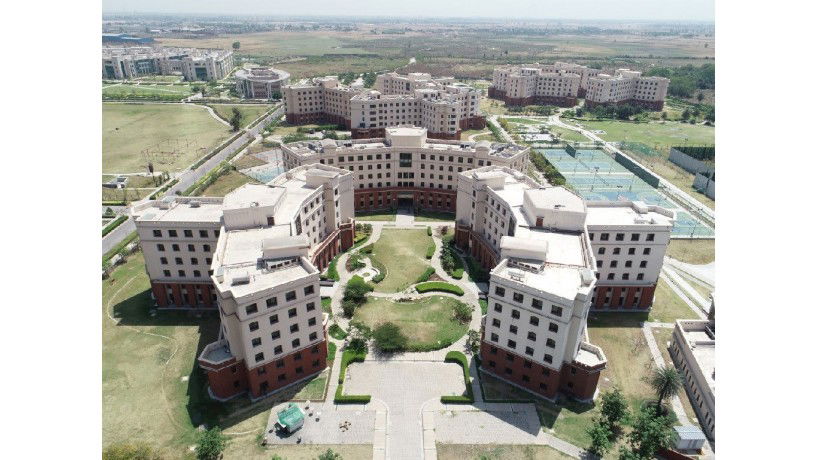



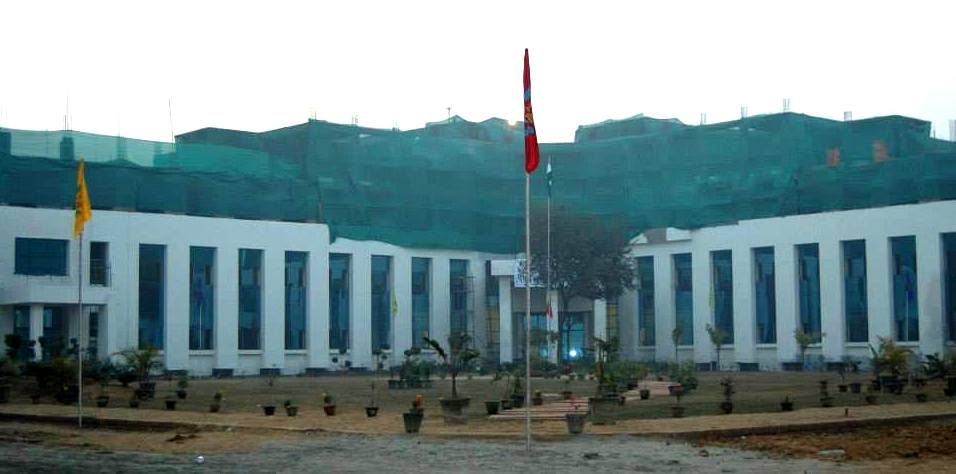

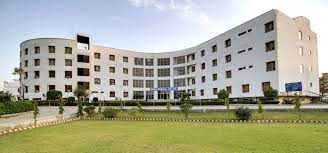
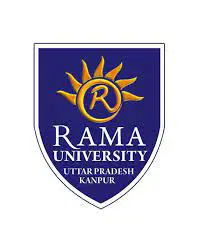




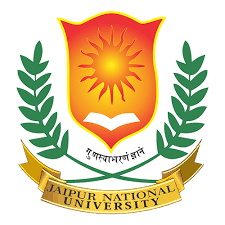



 back
back